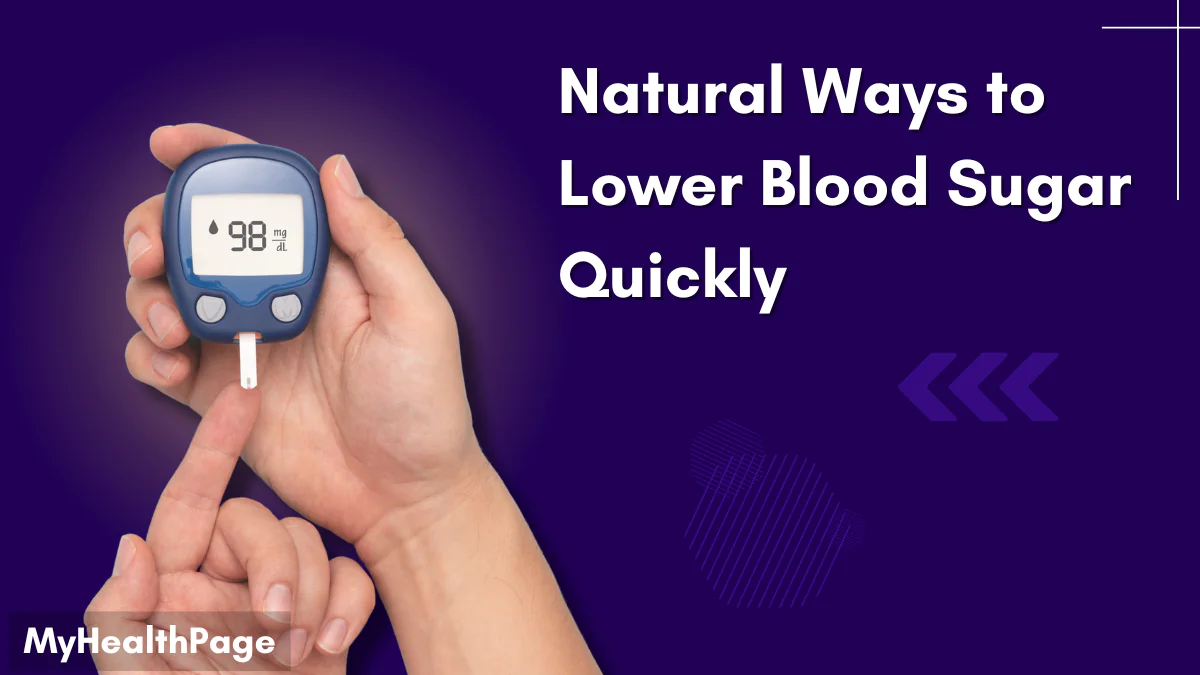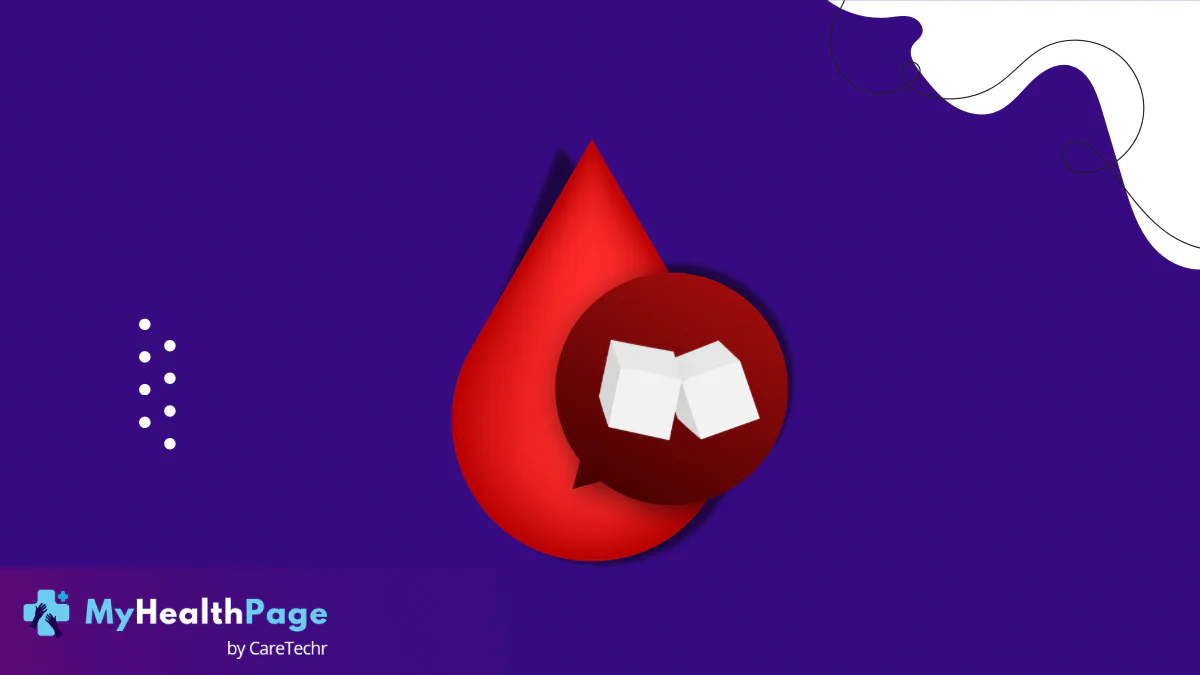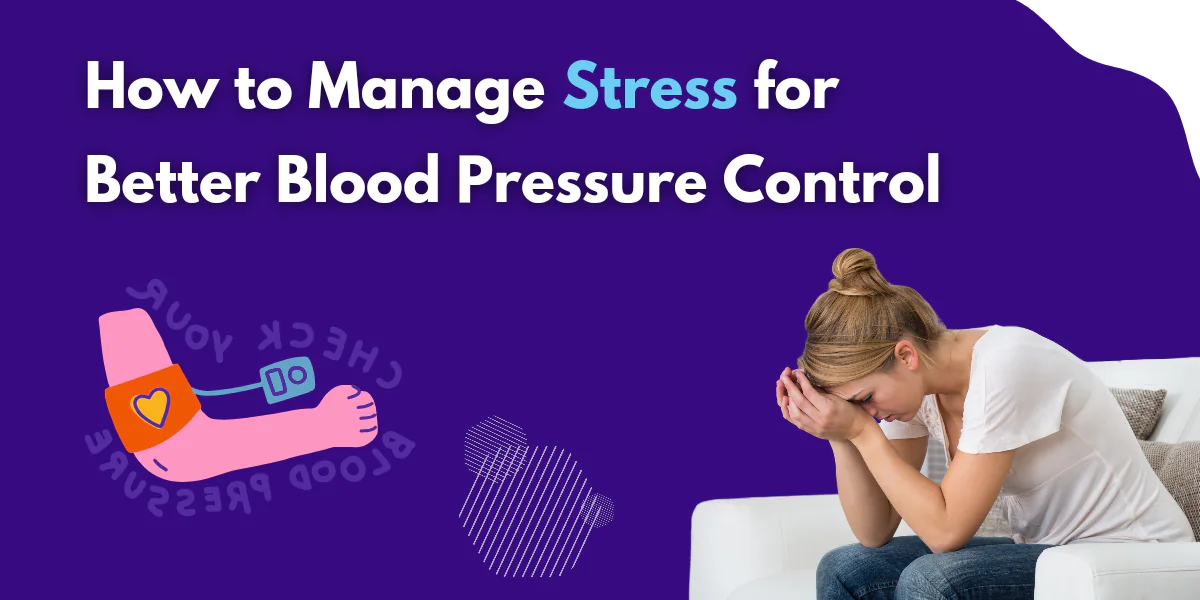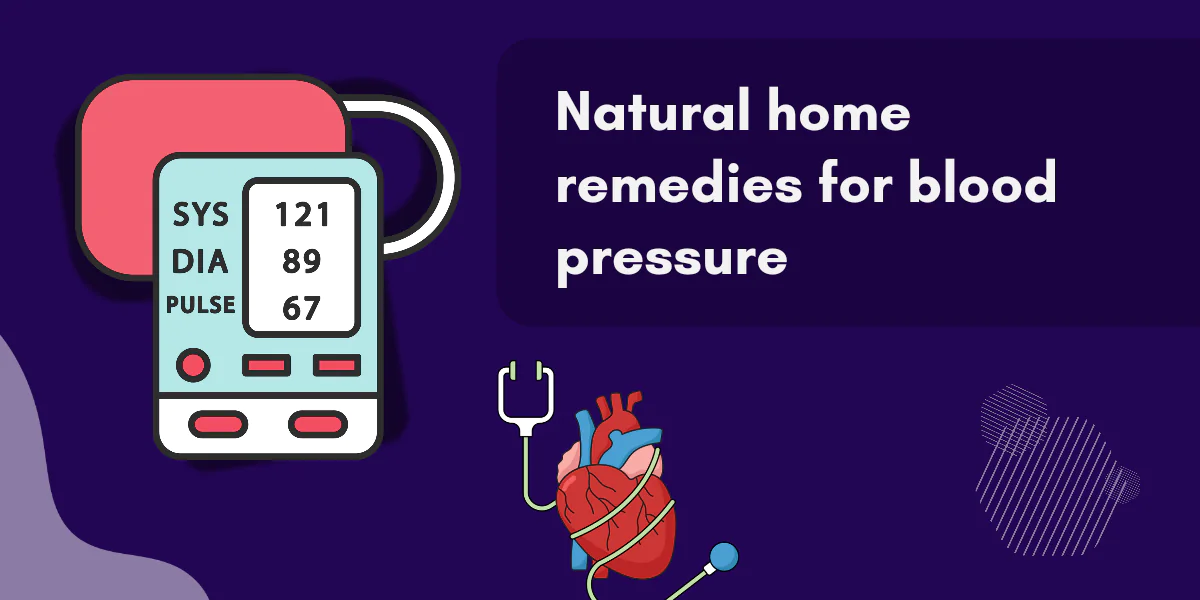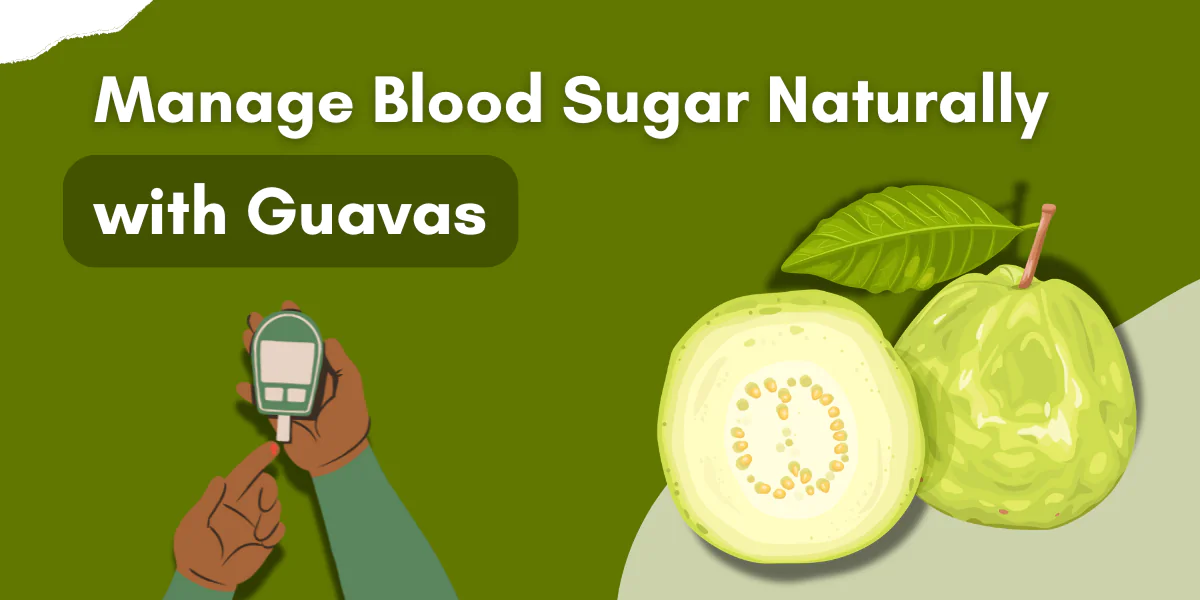Maintaining stable blood sugar levels is crucial for overall health, especially for individuals with diabetes or prediabetes. When blood sugar spikes unexpectedly, finding safe and effective ways to bring it down quickly is essential. This article delves into natural methods to lower blood sugar levels rapidly, backed by scientific evidence.
Understanding Blood Sugar Spikes
Blood sugar, or glucose, is the body’s primary energy source. However, too much glucose in the blood can lead to hyperglycemia, a condition that may cause complications over time. Common causes include consuming high-carb meals, stress, lack of exercise, or missing doses of diabetes medication. Rapid control is vital to avoid adverse effects such as fatigue, headaches, or long-term organ damage.
1. Drink Plenty of Water
Water helps the kidneys flush out excess glucose through urine. Studies show that staying well-hydrated supports normal blood sugar regulation. Aim to drink pure water or unsweetened herbal teas to enhance this effect. Dehydration can exacerbate hyperglycemia, so regular water intake is a straightforward way to lower blood sugar levels quickly.
2. Engage in Light Exercise
Physical activity improves insulin sensitivity and facilitates glucose uptake by muscles. Low-intensity activities like brisk walking, cycling, or yoga are effective. Research indicates that even 20–30 minutes of light exercise can significantly reduce blood sugar levels, especially after a meal. However, avoid intense workouts if your blood sugar is extremely high, as this may temporarily increase levels.
3. Consume Apple Cider Vinegar
Apple cider vinegar (ACV) has been shown to reduce fasting blood sugar levels. It slows down carbohydrate digestion, preventing rapid glucose spikes. Consuming one to two tablespoons diluted in a glass of water before meals can help stabilize blood sugar quickly. Ensure the vinegar is diluted to prevent potential irritation to the digestive tract.
4. Eat High-Fiber Foods
Fiber slows the absorption of sugar into the bloodstream. Soluble fiber, found in foods like oats, chia seeds, and vegetables, is particularly beneficial. When blood sugar is high, consuming fiber-rich foods can help bring levels down over a few hours. Studies suggest that individuals with diabetes who consume more fiber experience better glycemic control.
5. Practice Deep Breathing or Relaxation Techniques
Stress triggers the release of hormones like cortisol, which can increase blood sugar levels. Deep breathing exercises, meditation, and progressive muscle relaxation reduce stress, thereby helping to lower blood glucose. Research supports the connection between reduced stress and improved blood sugar stability.
6. Include Cinnamon in Your Diet
Cinnamon contains bioactive compounds that mimic insulin, improving glucose transport into cells. Studies have found that a small dose of cinnamon (about 1–6 grams daily) can significantly reduce fasting blood sugar levels. Sprinkle cinnamon on foods like oatmeal or mix it into herbal tea for a quick blood sugar-lowering effect.
7. Stay Away from High-Glycemic Foods
Avoiding foods high on the glycemic index (GI) is key when managing blood sugar spikes. High-GI foods, like white bread, sugary snacks, and refined grains, are digested quickly, leading to rapid glucose spikes. Opt for low-GI alternatives like whole grains, nuts, and leafy greens to stabilize blood sugar levels over time.

8. Eat Protein or Healthy Fats
Protein and healthy fats slow carbohydrate absorption, preventing sharp rises in blood sugar. Consuming foods like nuts, eggs, avocados, or lean meats can help bring glucose levels down quickly by moderating the body’s glycemic response. These nutrients also promote satiety and sustained energy.
9. Try Bitter Melon
Bitter melon, a tropical fruit, has long been used in traditional medicine for blood sugar control. Scientific studies indicate that its compounds can mimic insulin, aiding in glucose uptake. Consuming bitter melon juice or cooked bitter melon can help reduce blood sugar levels naturally.
10. Use Fenugreek Seeds
Fenugreek seeds are high in soluble fiber, which slows digestion and carbohydrate absorption. Research shows that fenugreek supplementation can improve fasting and post-meal blood sugar levels. Soaking a tablespoon of fenugreek seeds in water overnight and drinking the infused water in the morning is a common natural remedy.
11. Monitor Blood Sugar Regularly
While not a remedy per se, regular blood sugar monitoring helps identify what interventions work best for you. Continuous glucose monitoring (CGM) or finger-stick tests allow you to track fluctuations and make real-time adjustments to your diet and lifestyle.
12. Avoid Sitting for Long Periods
Prolonged inactivity can contribute to blood sugar spikes. Simply standing up, stretching, or taking a short walk after meals can prevent postprandial hyperglycemia. Evidence supports the idea that intermittent movement throughout the day enhances glucose regulation.
13. Add Aloe Vera to Your Diet
Aloe vera is known for its anti-inflammatory properties, but it can also benefit blood sugar control. Clinical studies suggest that aloe vera supplementation reduces fasting blood glucose levels. Drinking unsweetened aloe vera juice is a quick and natural method to combat high blood sugar.
14. Limit Your Portion Sizes
Overeating, even healthy foods, can lead to blood sugar spikes. Eating smaller, balanced meals throughout the day helps maintain stable glucose levels. Portion control prevents overloading the body with glucose all at once.
15. Eat Foods Rich in Magnesium and Chromium
Deficiencies in magnesium and chromium are linked to poor blood sugar control. Foods like spinach, almonds, and whole grains are excellent sources of magnesium, while chromium is found in broccoli and eggs. Including these minerals in your diet supports insulin sensitivity and glucose metabolism.
When to Seek Medical Attention
While these natural methods can effectively lower blood sugar in many cases, dangerously high glucose levels (above 250 mg/dL) or symptoms like confusion, dizziness, or nausea may require immediate medical attention. Always consult a healthcare professional for persistent or severe hyperglycemia.
Conclusion
Natural ways to lower blood sugar quickly combine dietary adjustments, physical activity, and stress management. Incorporating practices like drinking water, engaging in light exercise, and consuming high-fiber foods can have immediate effects. However, a long-term strategy involving a balanced diet, regular physical activity, and consistent monitoring is key to maintaining healthy blood sugar levels. Always discuss any new remedies or significant changes with your healthcare provider to ensure they align with your overall treatment plan.
Read Also: Diet Tips for High Blood Pressure: What to Eat and Avoid
Medical Disclaimer: This article is for informational purposes only and is not a substitute for professional medical advice. Always consult with a healthcare provider for personalized recommendations.
For a deeper understanding of diabetes management and the role of superfoods, consider exploring the following resources:
- American Diabetes Association: Diabetes Superfoods
This guide offers insights into foods that can help manage blood sugar levels effectively.
Read more - Healthline: 10 Superfoods for Type 2 Diabetes
An informative article detailing superfoods beneficial for individuals with type 2 diabetes.
Read more - Everyday Health: 11 Diabetes Superfoods for a Type 2 Diabetes Diet
This resource provides a list of superfoods that can aid in managing type 2 diabetes.
Read more - EatingWell: 18 Diabetes-Friendly Recipes to Help Keep Your Blood Sugar in Check
A collection of recipes designed to help maintain healthy blood sugar levels.
Read more - Verywell Health: 12 Simple Strategies to Curb Sugar Cravings
This article offers practical tips to manage sugar cravings, beneficial for diabetes control.
Read more

